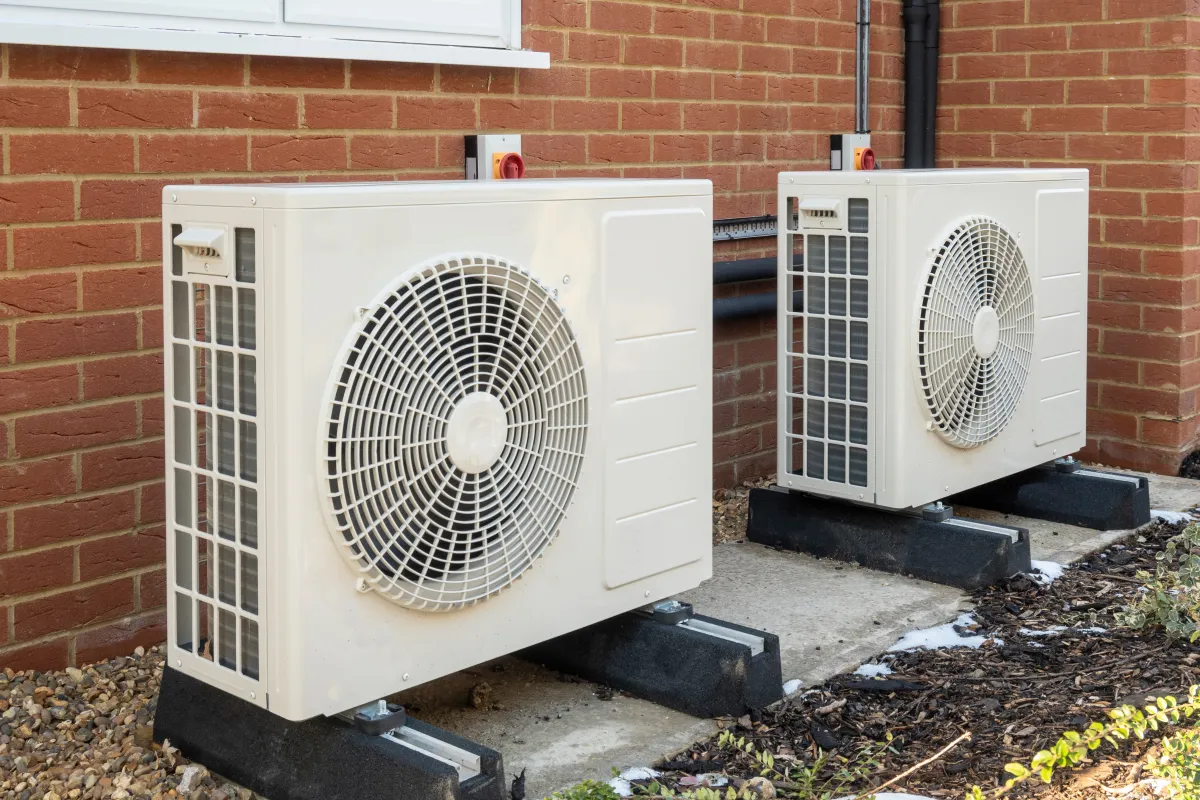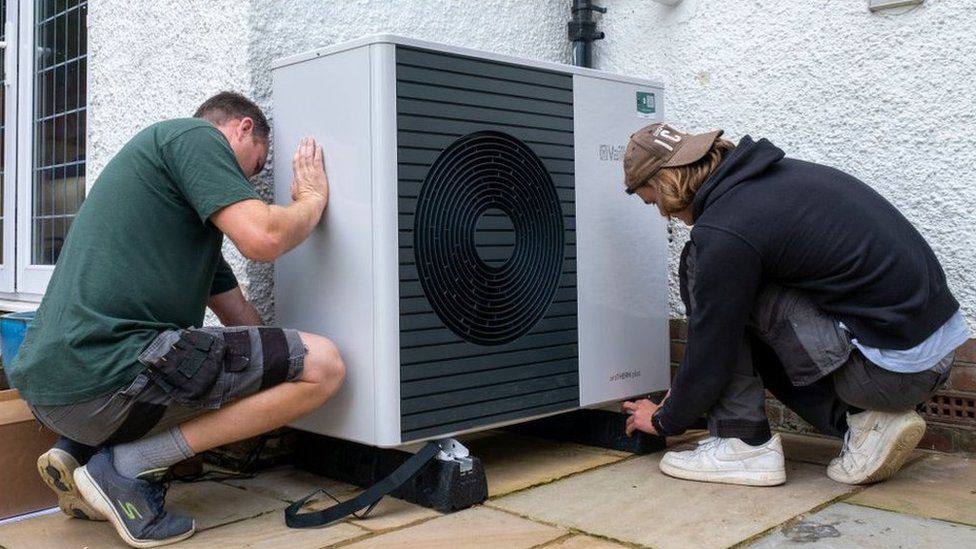With rising energy costs, many homeowners are considering installing heat pumps. But before making this investment, it’s reasonable to ask: how long do heat pumps last? Credit: Green Alliance Blog Modern heat pumps can provide reliable service for 20-25 years when properly installed and maintained. The lifespan is impacted by regular maintenance, proper sizing, and installation. With the right care, heat pumps can last over two decades. In our experience, heat pumps are built to last. We’ve seen well-maintained units provide effective heating and cooling for over 20 years. The key is proper sizing, installation, and ongoing maintenance. With the right care, heat pumps are a durable and energy-efficient option that can provide decades of reliable performance. The average lifespan of a heat pump is 10-15 years. However, modern units are built to last longer—some can reach 20-25 years with proper maintenance and servicing. Certain factors impact how long a heat pump will last: While it’s hard to predict precisely how long a particular type of heat pump will last, the general rule is 10-15 years of expected usable lifespan in most cases. With proper maintenance and barring any abnormal wear and tear, modern heat pumps can provide reliable heating and cooling for years to come. Credit: BBC Several factors affect how efficiently and effectively a heat pump performs: Taking steps to optimise these factors will help ensure your heat pump performs efficiently for years of reliable service. Work with a qualified technician for proper sizing, installation and maintenance. Regular maintenance is crucial for getting the most out of your heat pump system. Here are some key reasons why: While a quality heat pump can operate for over 20 years with proper care, lack of maintenance leads to reduced performance, higher bills and early failure. Investing in annual tune-ups by a qualified technician will maximise the efficiency, reliability and longevity of your system. With regular maintenance, a quality heat pump should operate efficiently for over 20 years. But there are some telltale signs that it may be time to replace your ageing system: Advances in heat pump technology also make upgrading an older unit worthwhile: Consult a qualified HVAC pro to evaluate your current system. They can assess repair costs and payback of a new unit. With incentives and proper sizing, an upgrade often makes sense for homes over 10-15 years old. More efficient heat pumps tend to have longer lifespans for a few key reasons: For example, an older 8 SEER unit may last 10-15 years, while a new 20 SEER model can operate efficiently for 20+ years. Upgrading from an inefficient heat pump to an ENERGY STAR-certified system can extend lifespan by years. Higher efficiency also saves energy. So while the upfront cost is more, you recoup greater lifetime value through lower utility bills and fewer repairs. Just be sure proper sizing and installation match the efficiency gains. Discuss options with an HVAC professional to maximise efficiency, comfort and longevity. With the right heat pump model and regular maintenance, your system can provide reliable climate control for decades. The average lifespan of a heat pump is 10-15 years. However, with proper maintenance and installation, a heat pump can last 20-25 years. The major problems that can shorten the lifespan of a heat pump include improper sizing, lack of maintenance, and improper installation. Things like low refrigerant, dirty filters, and improper airflow can cause a heat pump to wear out faster. On average, heat pumps need to be replaced every 15 years. With proper maintenance, the lifespan can be extended to 20-25 years before needing full replacement. Yes, it’s possible for a well-maintained heat pump that was properly installed to last 25 years or longer. Factors like the quality of the unit, regular maintenance, and proper sizing and installation impact lifespan. In summary, the typical lifespan of a heat pump is 10-15 years, but it can last 20-25 years or longer with proper maintenance and installation. To get the most out of a heat pump, be sure to have it correctly sized for your home, change filters regularly, and have it serviced annually by an HVAC technician. With the right care and maintenance, heat pumps can provide reliable and efficient heating and cooling for over two decades. Overall, heat pumps are built to be long-lasting systems when properly maintained.
How Long Do Heat Pumps Last?

Key Points
Our Opinion
Average Lifespan of Heat Pumps in the UK
Factors Impacting Heat Pump Performance

Importance of Regular Maintenance
When to Consider Replacing Your Heat Pump
How Efficiency Impacts Heat Pump Lifespan
FAQ
What is the average life expectancy of a heat pump?
What is the major problem of heat pumps?
How often do heat pumps need to be replaced?
Can a heat pump last 25 years?
Conclusion
